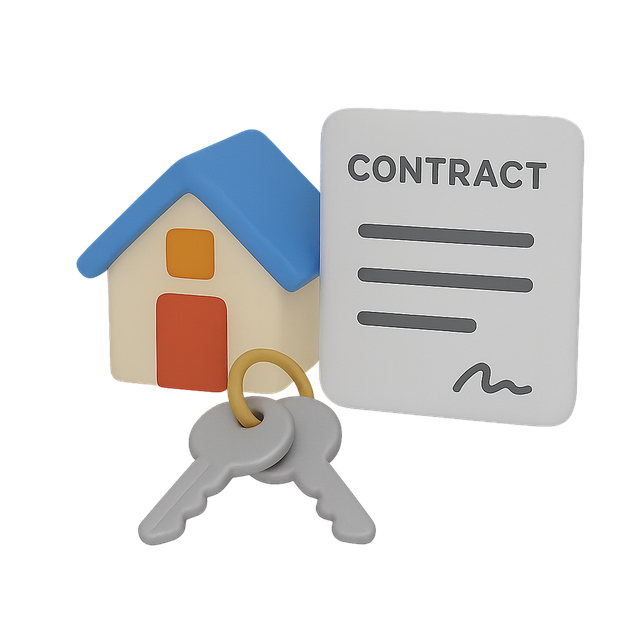Navigating student housing requires demystifying complex rental contract terms, such as lease duration, rent amounts, security deposits, maintenance responsibilities, and subletting rules. Understanding these clauses is crucial for tenants to protect their rights, define responsibilities, and ensure a harmonious living experience. Effective communication, professionalism, and clarity with landlords, achieved by reviewing rental contract terms beforehand, foster mutual respect and efficient problem-solving.
Unsure about navigating student leases? This comprehensive guide is your go-to resource. We demystify complex rental contract terms, breaking down key clauses every student should understand. Learn your rights and responsibilities, master effective communication with landlords, and build a solid tenant-landlord relationship. By the end, you’ll be equipped to make informed decisions when securing your next student lease.
- Demystifying Rental Contract Terms: Key Clauses Every Student Should Know
- Your Rights and Responsibilities: Navigating the Student Lease Agreement
- Building a Solid Relationship: Tips for Effective Communication with Landlords
Demystifying Rental Contract Terms: Key Clauses Every Student Should Know

Navigating the world of student housing often involves understanding complex rental contract terms. As a tenant, it’s crucial to familiarize yourself with key clauses that protect your rights and define your responsibilities. Common rental contract terms can seem like a maze, but demystifying them is essential for making informed decisions.
One important clause to look out for is the lease duration, which specifies when the tenancy begins and ends. Another critical term is the rent amount and payment schedule, ensuring you’re clear on due dates and late fees. Security deposits are also significant; understand what they cover and how and when you can expect them to be refunded. Additionally, clauses related to maintenance responsibilities and reporting issues, as well as subletting rules and restrictions, are vital for knowing your duties and options during your stay.
Your Rights and Responsibilities: Navigating the Student Lease Agreement

When you sign a student lease agreement, you’re entering into a legal arrangement with your landlord. It’s crucial to understand your rights and responsibilities to ensure a smooth living experience. The rental contract terms cover various aspects, including payment details, maintenance expectations, and rules for living in the property. You have the right to expect a safe and habitable dwelling, while also being accountable for keeping the space clean and reporting any necessary repairs or maintenance issues.
Navigating these terms is essential as they protect both you and your landlord. Understanding your rights allows you to stand up for yourself if there are breaches in the agreement. Similarly, knowing your responsibilities helps prevent conflicts and ensures a positive relationship with your landlord. Always read and understand every clause before signing, seeking clarification on any points that seem unclear.
Building a Solid Relationship: Tips for Effective Communication with Landlords

Building a strong relationship with your landlord is essential for a positive rental experience. Effective communication can help clarify expectations, resolve issues quickly, and ensure both parties are satisfied. When interacting with your landlord, be professional, courteous, and honest. Before any discussion, prepare by reviewing important rental contract terms to have a clear understanding of your rights and responsibilities.
During conversations, actively listen to their concerns and provide clear, concise responses. Regularly communicate about any maintenance needs or changes in your situation. Showing respect and maintaining open lines of communication fosters an environment where problems are solved efficiently. Additionally, being punctual with rent payments demonstrates reliability and can strengthen the landlord-tenant relationship.






